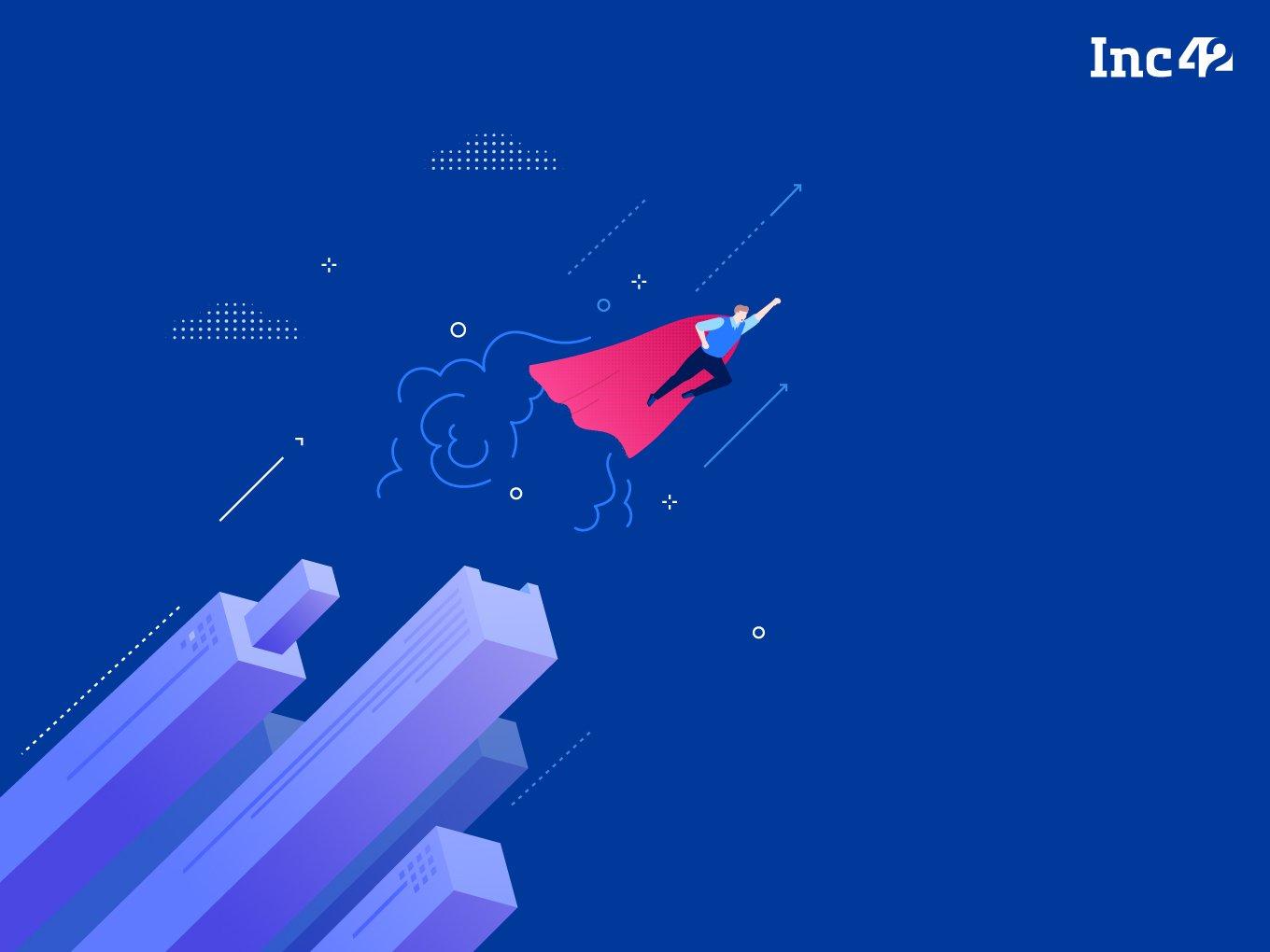What Is Blitzscaling?
Coined by Reid Hoffman, the cofounder of LinkedIn, and Chris Yeh, the term, Blitzscaling, refers to a rapid and aggressive growth strategy employed by certain startups to achieve a dominant market position quickly, often at the expense of other considerations like profitability and operational stability.
Blitzscaling is typically done when a company operates in a rapidly evolving market with the potential for network effects, where being the first to scale can provide a significant competitive advantage. It is often applied by startups looking to become market leaders quickly.
What Are The Five Stages Of Blitzscaling?
- Family: In this stage, a company is still a small team working on its product or service. The focus is on experimentation and refining the offering.
- Tribe: As the company gains traction, it expands its team and user base. The goal is to build a core group of loyal customers.
- Village: At this stage, the company starts rapid growth. It expands into new markets and regions to establish a broader user base.
- City: In this stage, the company becomes a major player in its industry, expanding aggressively and focussing on market dominance.
- Nation: In the final stage, the company achieves global dominance, becoming a household name and capturing the majority of the market share.
What Are The Advantages And Disadvantages Of Blitzscaling?
Advantages:
- Competitive Advantage: Blitzscaling allows a business to have a strong competitive advantage. The strategy helps businesses to surpass competition and bypass niches. The competition will have to work towards catching up rather than devising counterattacks.
- First-Mover Advantage: A startup going through blitzscale has two first-mover advantages — focus and speed. Established brands tend not to be as fast or as focused.
- Scale: Blitzscaling is a technique that can help a company achieve massive scale at incredible speed.
Disadvantages:
- Inefficiency: Blitzscaling is always managerially inefficient and burns through a lot of capital. It involves sacrificing efficiency to pursue extremely rapid growth in the face of uncertainty.
- High Cost: Blitzscaling is costly in a variety of ways, from lower operational efficiency to higher capital expenditure and employee burnout. It is a high-risk strategy that involves heavy short-term costs in hopes of recouping those expenses once a long-term advantage is established.
- Risk: Blitzscaling involves taking on far more risk than a company going through the normal, rational process of scaling up. It is a high-risk strategy that prioritises speed over efficiency and involves sacrificing efficiency to pursue extremely rapid growth in the face of uncertainty.








